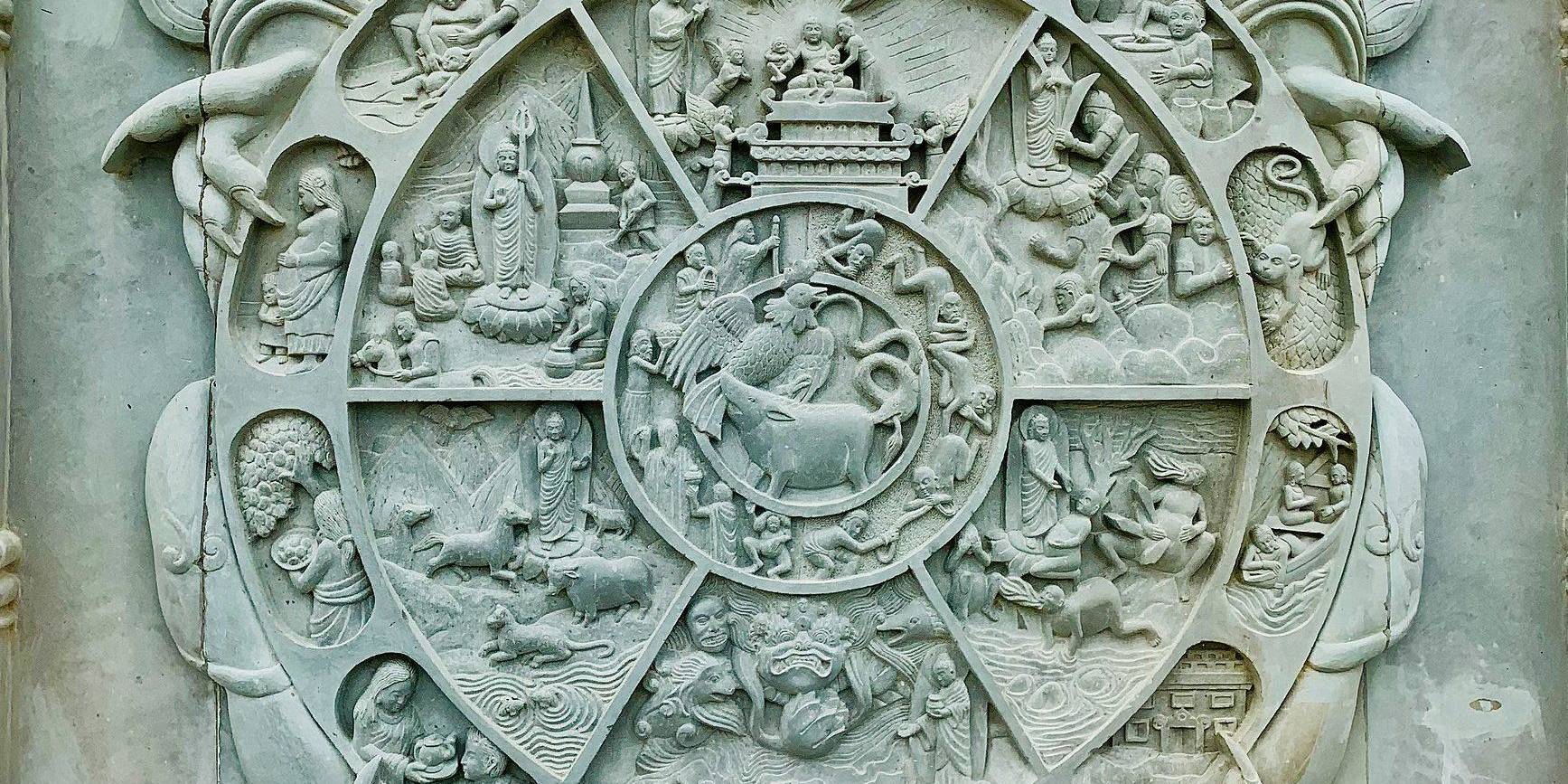A new flute was invented in China. A Japanese master musician discovered the subtle beauties of its tone and brought it back home, where he gave concerts all around the country. One evening he played with a community of musicians and music lovers who lived in a certain town. At the end of the concerts, his name was called. He took out the new flute and played one piece. When he was finished, there was silence in the room for a long moment. Then the voice of the oldest man in the village was heard from the back of the room: “Like a god!”.
The next day, as this master was packing to leave, the musicians approached him and asked how long it would take a skilled player to learn the new flute. “Years,” he said. They asked if he would take a pupil, and he agreed. After he left, they decided among themselves to send a young man, a brilliantly talented flautist, sensitive to beauty, diligent and trustworthy. They gave him money for his living expenses and for the master’s tuition, and sent him on his way to the capital, where the master lived.
The student arrived and was accepted by his teacher, who assigned him a single, simple tune. At first he received systematic instruction, but he easily mastered all the technical problems. Now he arrived for his daily lesson, sat down, and played his tune – and all the master could say was, “Something lacking.”
The student exerted himself in every possible way; he practised endlessly for hours, yet day after day, week after week, all the master said was, “Something lacking.” He begged the master to change the tune, but the master said no.
The daily playing, the daily “something lacking” continued for months on end. The student’s hope of success and fear of failure became ever magnified, and he swung from agitation to despondency. Finally the frustration became to much for him. One night he packed his bag and slinked out.
He continued to live in the capital city for some time longer, until his money ran dry. He began drinking. Finally, impoverished, he drifted back to his own part of the country. Ashamed to show his face to his former colleagues, he found a hut far out in the countryside. He still possessed his flutes, still played, but found no new inspiration in music. Passing farmers heard him play and send their children to him for beginner’s lessons. He lived this way for years.
One morning there was a knock at his door. It was the oldest past-master from this town, along with the youngest student. They told him that tonight they were going to have a concert, and they had all decided it would not take place without him. With some effort they overcame his feelings of fear and shame, and almost in a trance he picked up a flute and went with them. As he waited behind the stage, no one intruded on his inner silence. Finally, at the end of the concert, his name was called. He stepped out onto the stage in his rags, and realized that he had chosen the new flute. Now he realized he had nothing to gain, and nothing to lose. He sat down and played the same tune he had played so many times for his teacher in the past. When he finished, there was silence for a long moment. Then the voice of the oldest man was heard, speaking softly from the back of the room: “Like a god!”
Story: Steve Nachmanovitch in Free Play. According to him the story was transcribed from Japanese folk sources and discovered by Trevor Leggett in Zen and the Ways, 1978. Image: Flute player from Momoyogusa–Flowers of a Hundred Generations (1909) by Kamisaka Sekka.




